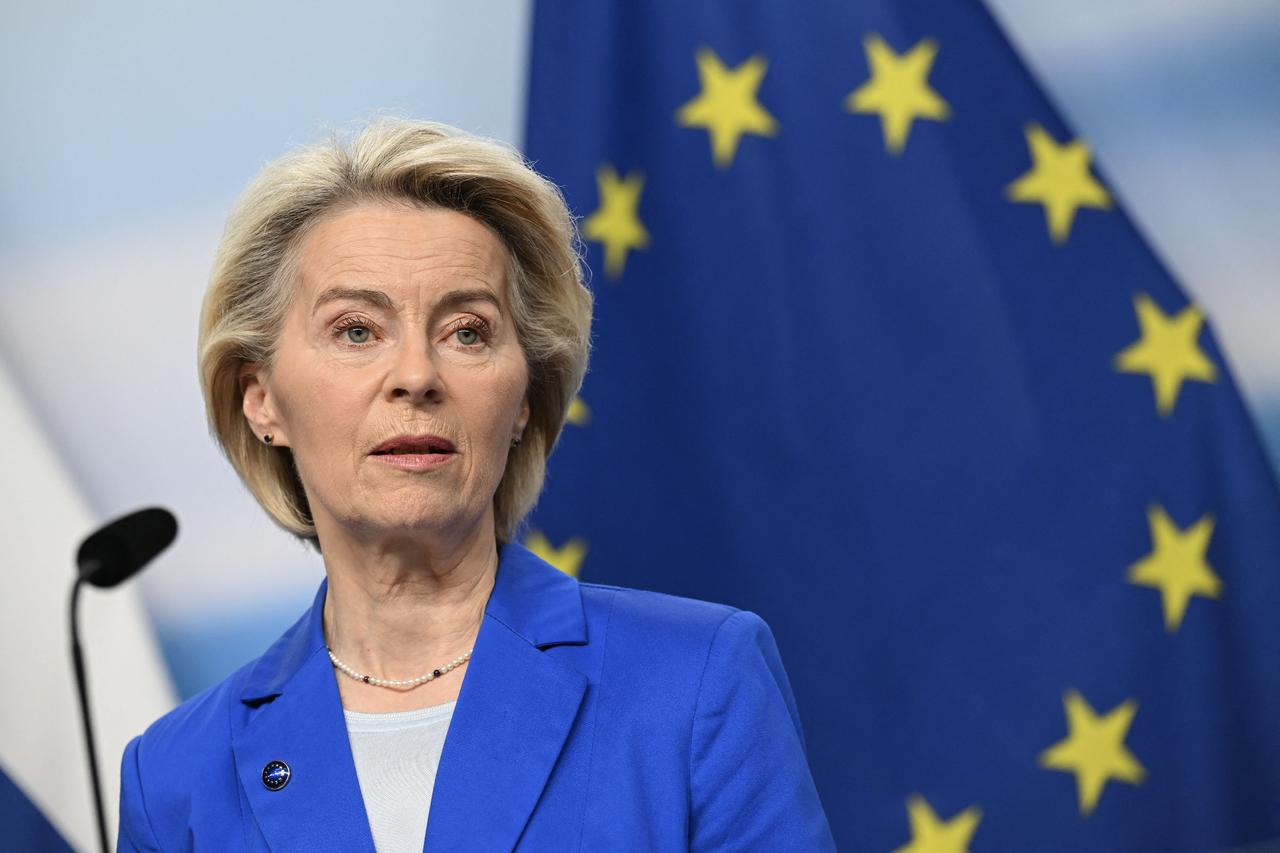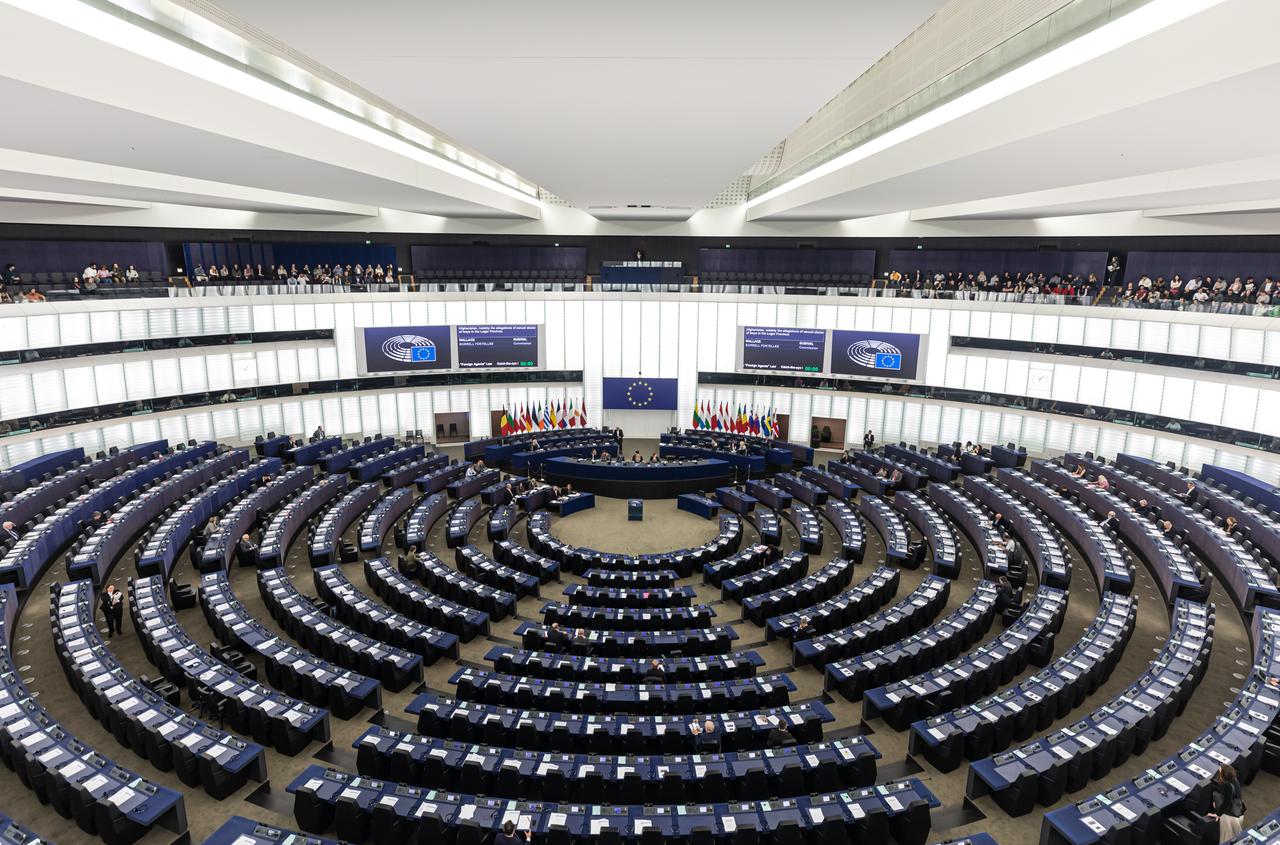

On October 1, 2024, European Commission President Ursula von der Leyen made a statement at the Copenhagen Competitiveness Summit that sent ripples through European political circles. Speaking with unusual candor, she declared: "When we look at simplification, we all agree we need simplification, we need deregulation. We need it on the European level." This wasn't the carefully hedged language of "streamlining" or "reducing administrative burdens" that Brussels typically employs. It was an explicit embrace of deregulation as policy.
For years, E.U. officials have insisted that their regulatory reform efforts were merely about making existing rules more workable, not about rolling back the Union's ambitious social and environmental protections. Von der Leyen's Copenhagen remarks shattered that pretense.
The Commission president was acknowledging what critics had long suspected: The so-called simplification agenda is, in fact, a deregulation project. The question now is whether this represents a genuine ideological shift or a tactical maneuver designed to preempt more radical challenges to the European project itself.
Von der Leyen's deregulation pivot didn't emerge in a vacuum. The European Union faces mounting pressures from multiple directions. Populist parties have made significant gains across member states, from Italy's Giorgia Meloni to France's Marine Le Pen, from the Netherlands' Geert Wilders to Germany's AfD.
While these movements differ in specifics, they share a common critique: Brussels has become an overreaching technocratic leviathan that constrains national sovereignty and burdens businesses with excessive regulation.
The farmer protests that swept across Europe in early 2024 crystallized these tensions. When the Commission was forced to withdraw its Sustainable Use Regulation on pesticides in February 2024—the first major defeat of the Green Deal—it signaled that the political consensus supporting ambitious E.U.-level regulation was fracturing.
The agricultural lobby and conservative governments had successfully framed environmental protection as an existential threat to farmers' livelihoods, forcing von der Leyen into retreat.

Von der Leyen's second-term agenda, outlined in her political guidelines and formalized in the Competitiveness Compass released in January 2025, represents a systematic reorientation toward corporate competitiveness. The Commission has launched six "Omnibus" packages designed to reduce regulatory burdens by 8 billion euros—a 25 percent reduction for all businesses and 35 percent for small and medium enterprises.
But the devil is in the details. These packages don't merely eliminate redundant paperwork or harmonize reporting requirements. They include "stop-the-clock" delays, narrower regulatory scopes, and weakened enforcement mechanisms that threaten to hollow out the substance of E.U. law.
The Commission has introduced a new category of "small midcaps"—companies with fewer than 750 employees and less than 150 million euros in turnover—to exempt them from various obligations, from data privacy requirements under GDPR to due diligence measures for batteries and F-gases.
Moreover, the deregulation agenda extends beyond specific legislative rollbacks. Von der Leyen has created new mechanisms for corporate influence over E.U. lawmaking, including "Reality Checks" and "Implementation Dialogues" that give business lobbies more direct roles in shaping legislation.
Perhaps most concerningly, the Commission is attempting to impose its deregulatory approach on the European Parliament and Council, demanding that co-legislators use the same business-friendly impact assessments. This represents an unprecedented encroachment on the democratic prerogatives of the E.U.'s elected bodies.
At first glance, von der Leyen's deregulation agenda appears to vindicate E.U. skeptics' longtime critique. The Commission seems to be acknowledging that Brussels has overreached, that centralized regulation has become burdensome, and that member states need more flexibility to pursue their own priorities.
Certainly, some euroskeptics have claimed victory. Business lobbies like BusinessEurope and the European Round Table have celebrated the Commission's newfound focus on competitiveness. Right-wing parties that campaigned against E.U. "bureaucracy" can argue that they've successfully pressured Brussels into retreat.
Yet this interpretation oversimplifies a more complex reality. The deregulation agenda doesn't decentralize power to member states or restore national sovereignty in any meaningful sense. Instead, it shifts power from democratic institutions toward corporate lobbies and unaccountable technocratic bodies like the Regulatory Scrutiny Board.
The critical question is whether such tactical retreats strengthen or weaken the EU in the long run. Proponents argue that flexibility and pragmatism are essential for the Union's survival. Critics contend that the deregulation agenda represents a capitulation to corporate lobbies and populist pressure that will ultimately prove self-defeating.

This brings us to a fundamental question: how much deregulation is actually possible within the E.U.'s institutional framework? The Union remains, despite everything, a complex regulatory apparatus built on the premise that certain problems require collective action and common rules.
The E.U. cannot simply abandon its regulatory function without undermining its reason of exist. The single market depends on harmonized standards for products, services, capital and labor.
The tension between these competing imperatives suggests that von der Leyen's deregulation agenda will face significant constraints. The European Parliament, where green and left-wing parties retain substantial influence, is unlikely to rubber-stamp a wholesale rollback of social and environmental protections.
Member state governments have divergent interests: Nordic countries tend to support strong regulation, while Central and Eastern European states prioritize economic development and competitiveness. Civil society organizations—from trade unions to environmental groups to consumer advocates—are mobilizing to resist what they see as a corporate power grab.
The most fundamental critique of the E.U. from skeptics concerns centralization and its impact on national sovereignty. This objection transcends left-right political divides, uniting French sovereigntists and Hungarian nationalists, Italian localists and Polish conservatives. At its core is a democratic concern: decisions affecting citizens' lives are being made by remote bureaucrats in Brussels who are insulated from electoral accountability.
This centralization creates a legitimacy deficit. When unpopular decisions are made in Brussels, citizens cannot easily vote the decision-makers out of office. The European Commission is not directly elected. The European Parliament's powers, while growing, remain limited compared to national legislatures. The Council represents member state governments, but its decision-making process is opaque and allows individual countries to evade responsibility for collective decisions they supported.
If the deregulation agenda were genuinely about decentralization—transferring powers back to member states and allowing greater policy diversity—it could potentially address these democratic concerns.
However, as we've seen, von der Leyen's agenda doesn't really pursue this kind of decentralization. Instead, it weakens regulation across the board while potentially expanding the Commission's ability to override national policies that businesses dislike. This is the worst of both worlds: less effective collective action on transnational problems, combined with continued constraints on national policy autonomy.